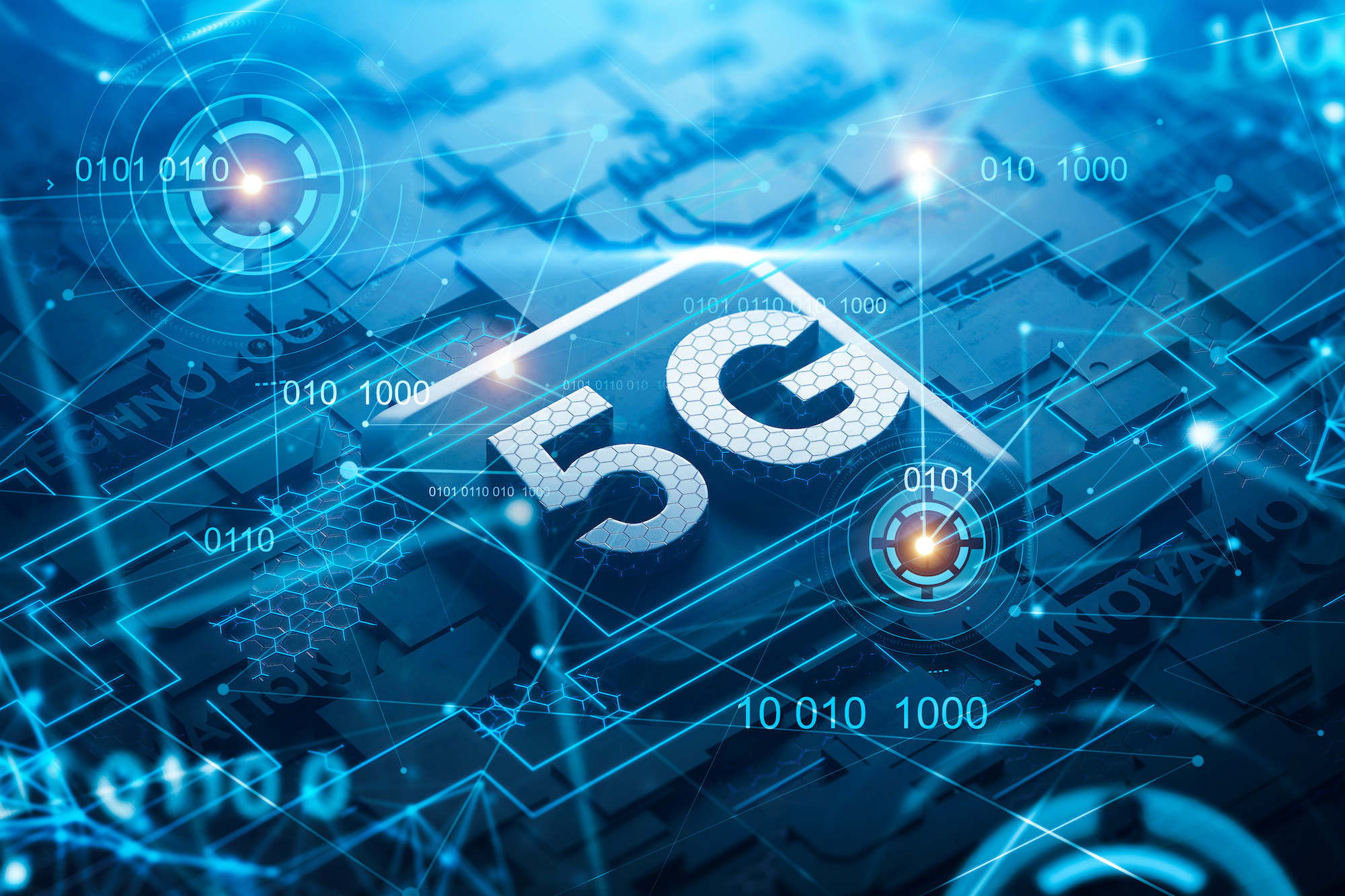Which country is leading the world in 5G patents?
(Baonghean.vn) - A new report published by LexisNexis IPlytics - a world-famous patent data research company shows that the US is the country leading the world in the number of 5G technology patents, with more than 28,000 patents granted.
“The adoption of 5G technology has increased significantly across industries, leading to more companies building 5G patent portfolios,” LexisNexis IPlytics said in its report. The patent data research firm noted that the number of companies holding 5G patent families has increased from 32 in 2015 when the 5G standard was first developed to 131 in 2023.

Patent family is a legal term used in the field of intellectual property, relating to the subject of industrial property rights, which is a patent. According to the World Intellectual Property Organization (WIPO), a patent family is defined as a set of patents registered in different countries, that is, registered with patent offices to protect the same invention in different countries.
Countries and companies leading the way in 5G patents
The LexisNexis IPlytics report provides an overview of the world's leading countries and companies filing patents related to 5G technology. Accordingly, in terms of countries, the US is leading the world in the number of 5G patent families, with more than 28,000 5G patent families granted, followed by China with about 26,000 and the European region with nearly 15,000 patent families.
In terms of companies, China's Huawei Technologies Co. is at the top of the overall 5G patent value ranking, followed by US Qualcomm in second place, South Korea's Samsung in third, Sweden's Ericsson in fourth and Finland's Nokia in fifth, while smartphone maker Apple is in 12th place.
LexisNexis IPlytics also points out a number of technologies within the 5G standard that are increasingly attracting the attention of 5G patent holders. These include technologies such as the Internet of Things (IoT), vehicle-to-vehicle (V2V) communications, and technologies used in smart factories.
The data shows that narrowband IoT (NB-IoT) technology has the largest number of patent families with a sharp increase over the past 10 years to nearly 20,000 published patent families, followed by low-power wide-area network (LTE-M) and LTE-Cat 1 technology. Among them, Huawei, Samsung, ZTE, Qualcomm and Nokia are among the top patent holders in NB-IoT technology.
5G mobile technology is more complex than previous generation mobile technologies such as 3G or 4G
Assessing the complexity of 5G technology, LexisNexis IPlytics said that compared to previous generation mobile technologies such as 3G or 4G, 5G allows for faster data transmission speeds, lower latency, improved spectrum efficiency, and new technologies such as network slicing or beamforming. Therefore, 5G is a much more complex technology than previous generations of mobile technologies such as 3G or 4G.
The number of published patent families related to 5G technology increased tenfold between 2017 and 2023, reaching more than 60,000 patent families, nearly 2.5 times higher than the 24,000 patent families published for 4G technology, according to a report by LexisNexis IPlytics.
Profits and patent litigation
The findings from LexisNexis IPlytics are notable as more companies look to monetize their 5G patent holdings. Huawei, for example, has recently expanded its patent licensing business to generate more revenue.
Huawei's patent licensing business was worth about $560 million last year, according to LexisNexis IPlytics. Ericsson, meanwhile, expects intellectual property licensing revenue to reach about $998 million in 2023. Avanci, a US firm that negotiates patent licensing fees for communications standards, said earlier this year that a new 5G patent pool for connected cars includes the vast majority of the world's top 5G patent holders.
Regarding disputes in the use of patents, there have been many lawsuits in the world recently between companies that own patents and companies that apply patents. For example, recently, Swedish telecommunications equipment manufacturer Ericsson and American technology giant Apple settled their own battle over 5G patents, resulting in Apple having to transfer up to 400 million USD to Ericsson every year to own patents related to 5G technology.
Previously in 2021, Nokia - a Finnish telecommunications equipment manufacturer also filed a lawsuit against Chinese smartphone manufacturer Oppo in Asia and Europe for patent infringement related to connectivity, interfaces and security features in 5G technology.
According to LexisNexis Iplytics, the standard patent (SEP) licensing market for 5G technology is expected to become one of the most lucrative markets, not only in terms of royalties but also to maintain leadership in the increasingly competitive industrial value chain.
A standards-based patent (SEP) is a patent that requires an invention to conform to a technical standard. Therefore, standards organizations often require members to license their patents and patent applications to the standards set by the organization.
Determining which patents are necessary for a particular standard can be quite complex. Standards-setting organizations require that patent licenses be on fair, reasonable, and non-discriminatory terms.
As a result, the 5G patent race is more competitive than ever, as developed countries around the world are scrambling to gain technical leadership in key technologies.
Phan Van Hoa (According to Lightreading)
